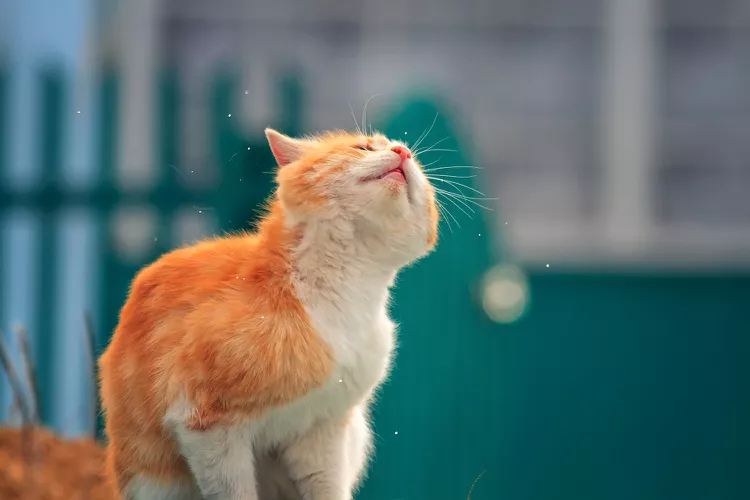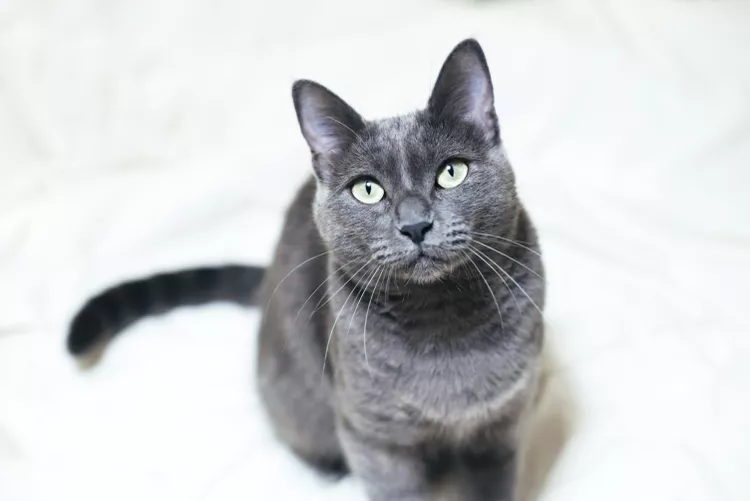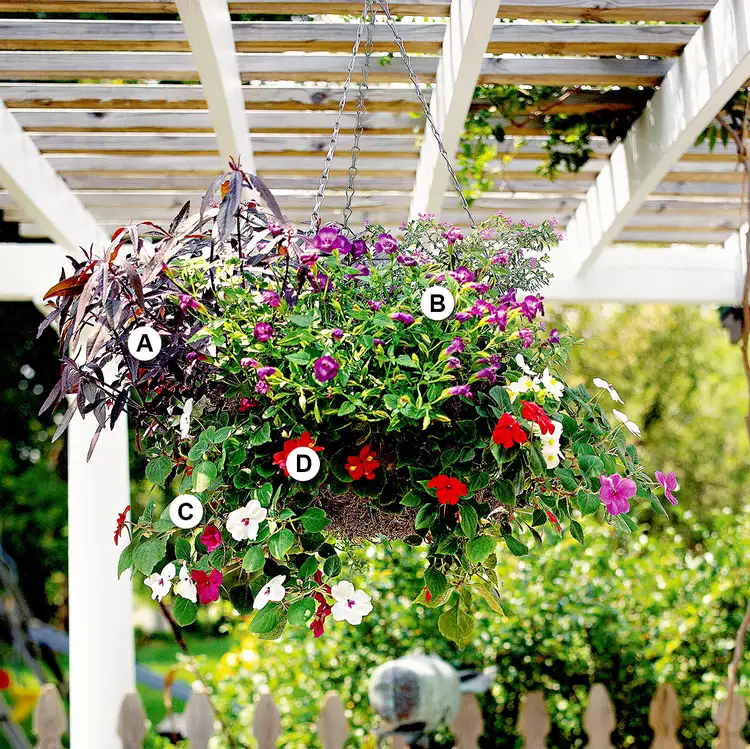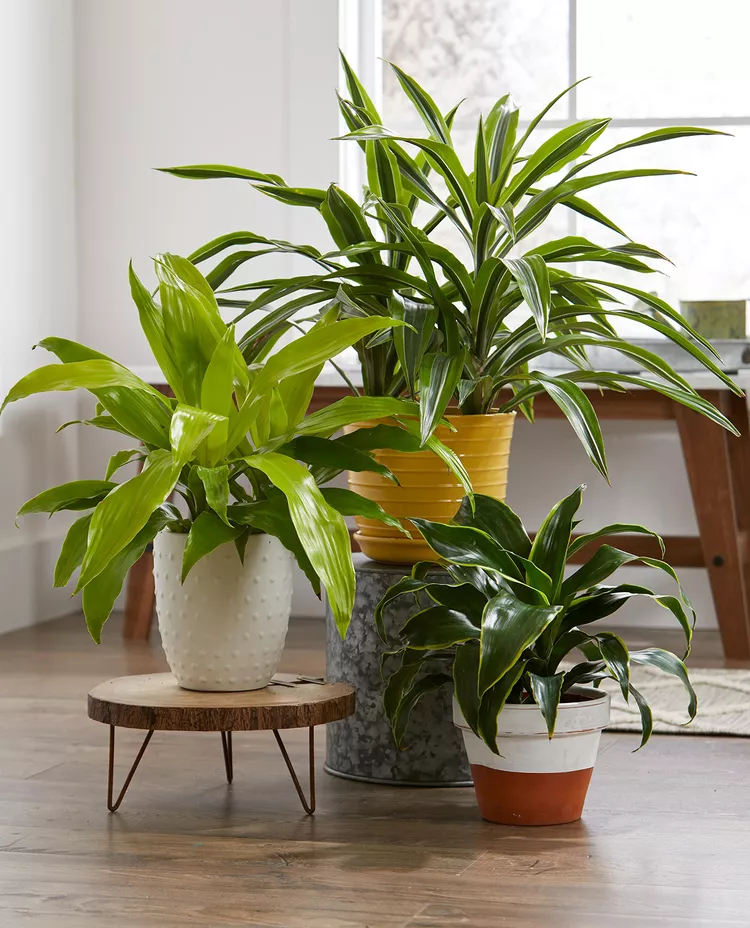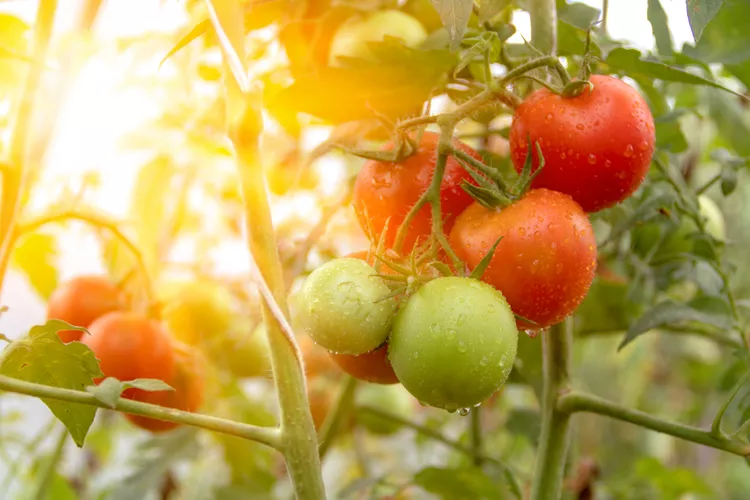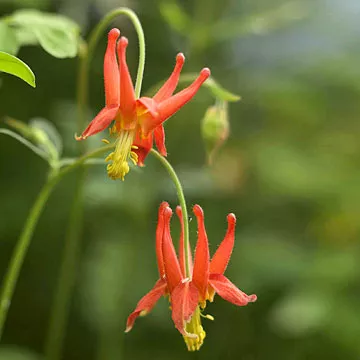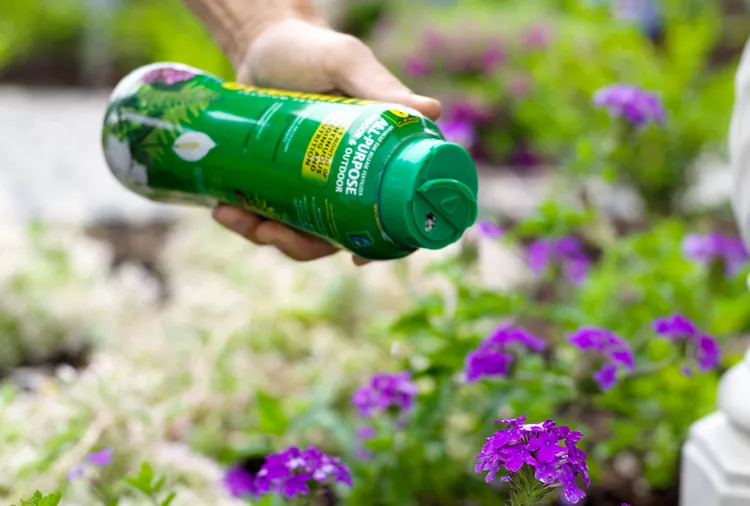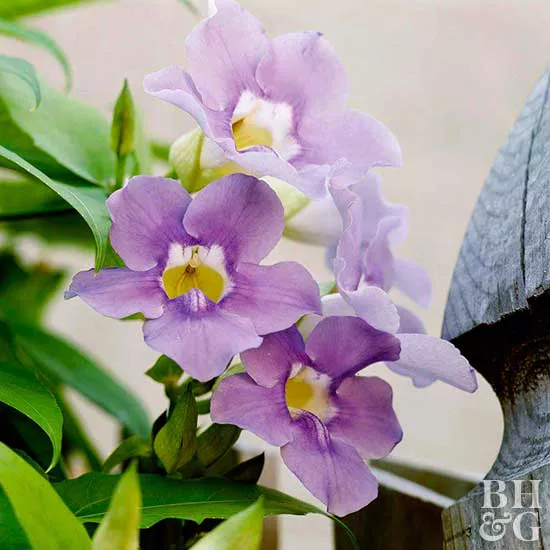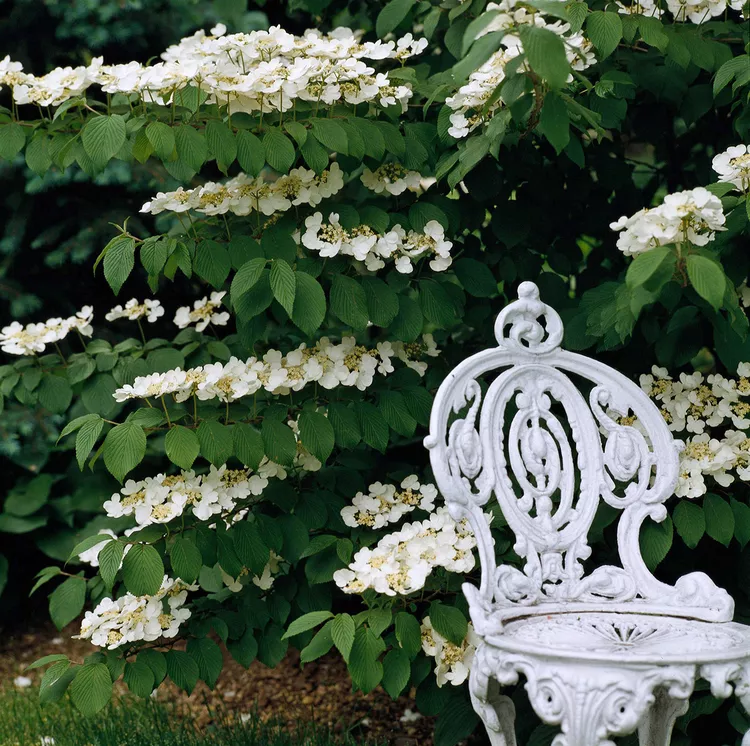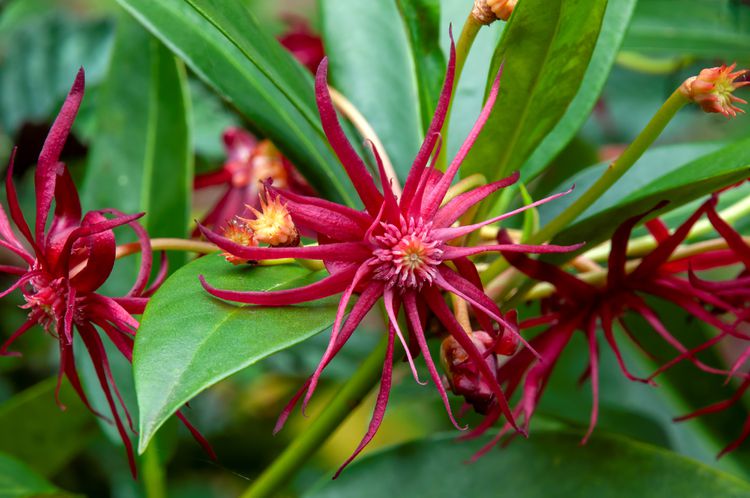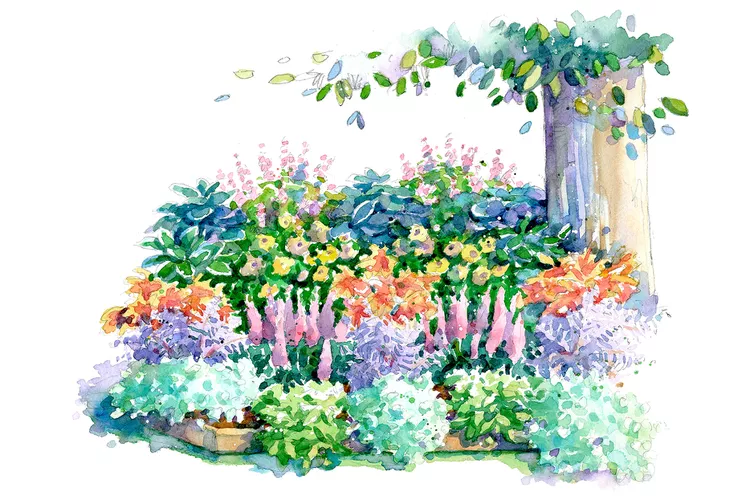Whether you grow roses for cut flowers or garden enjoyment, no one wants to find pest damage, like skeletonized leaves or tattered petals, on their prized rose bushes. Growing the right companion plants for roses in your flower garden can repel an assortment of pests, including Japanese beetles and sawflies, and keep your roses looking their best. Use the gardening techniques and advice in this guide to naturally improve the look and health of Damask, ‘Knock Out,’ and other rose plants and make your gardening chores a bit easier.
Alliums
Planting roses and alliums together is one of your best options for keeping pests at bay. Both ornamental and edible alliums, like chives, emit a strong, sulfur or onion-like aroma, which conceals the scent of nearby plants and can distract insects from neighboring rose bushes. Beyond deterring pests like nematodes and Japanese beetles, alliums also attract parasitic wasps that feed on destructive sawflies.
Scented Geranium
Japanese beetles are one of the most problematic rose pests and they can riddle rose leaves with holes and leave plants looking bedraggled in no time flat. Growing alliums near roses can repel soil-dwelling Japanese beetle grubs, but scented geraniums also deter these troublesome pests above-ground.
Yarrow
Yarrow is highly attractive to an assortment of beneficial insects and growing this pollinator-friendly plant near your roses can help control sawflies and other pests. Beneficial insects tend to prefer common white yarrow, but if you love lots of garden color, you can also find yarrow plants with pink, red, or yellow blooms. Not only do yarrow’s broad, flat flowers complement the look of roses in the garden, but you can also use yarrow as a cut flower in rose bouquets.
Catmint
In flower gardens, the dreamy purple flowers and silver-green leaves of catmint provide a perfect backdrop for rose bushes. These plants are drought tolerant and have similar growing needs to roses, but their allure doesn’t end there. This scented ornamental is known to deter pests like aphids and can help to protect roses from browsing deer and rabbits too.
Parsley
Most gardeners use parsley simply as a cutting herb and never consider how parsley plants can benefit their gardens. However, parsley is a top-notch pollinator plant and, if you allow parsley to flower, it will attract hoverflies and other “good guy” insects to your garden and help keep pests in line. Just keep in mind that parsley is a biennial herb and it only flowers during its second year, so you may want to sow new parsley seeds every spring to get parsley flowers each summer.
Marigolds
Another top-notch plant for deterring insects, marigolds are often interplanted in veggie beds to act as trap crops or repellants for pests as varied as aphids, nematodes, and deer. But if you are more interested in growing flowers than vegetables, you can also use these powerhouse plants to protect rose bushes and other ornamentals. Marigolds are more effective as companion plants when they’re flowering, so be sure to deadhead spent flowers regularly to encourage plants to rebloom.
Lavender
Lavender and roses have a lot in common. They both love sun, well-draining soil, and are cherished by gardeners around the globe for their classically beautiful flowers and rich, heady fragrance. Grow these two flowering favorites together in a garden to create a magically fragrant effect, or plant lavender near rose bushes just to attract beneficial insects and repel whiteflies and mosquitoes.
Larkspur
While alliums and scented geranium deter Japanese beetles, larkspur takes beetle control one step further. Used as a companion plant, larkspur entices Japanese beetles away from rose shrubs and can make roses less buggy. However, when Japanese beetles nibble on larkspur’s poisonous leaves, it’s game over for those garden pests.
Larkspur is toxic if ingested by people or animals.
Thyme
Although thyme is most commonly grown as a culinary herb, it can be used in other ways for organic gardening. Variegated lemon thyme makes an attractive accent plant, while low-growing creeping thyme can be used as a living mulch for weed suppression and soil protection. When cultivated as companion plants for roses, thyme adds beauty, a bewitching scent, and its flowers invite beneficial insects to visit too.
Sweet Alyssum
Many gardeners grow sweet alyssum in pots or at the front of garden beds as colorful border plants. No matter where you choose to grow this flowering annual, sweet alyssum is a handy companion plant with honey-scented flowers that are irresistible to beneficial insects like hoverflies and parasitic wasps. When paired with roses, sweet alyssum can help prevent sawfly issues and its dainty white or purple flowers contrast playfully against larger rose blooms.

